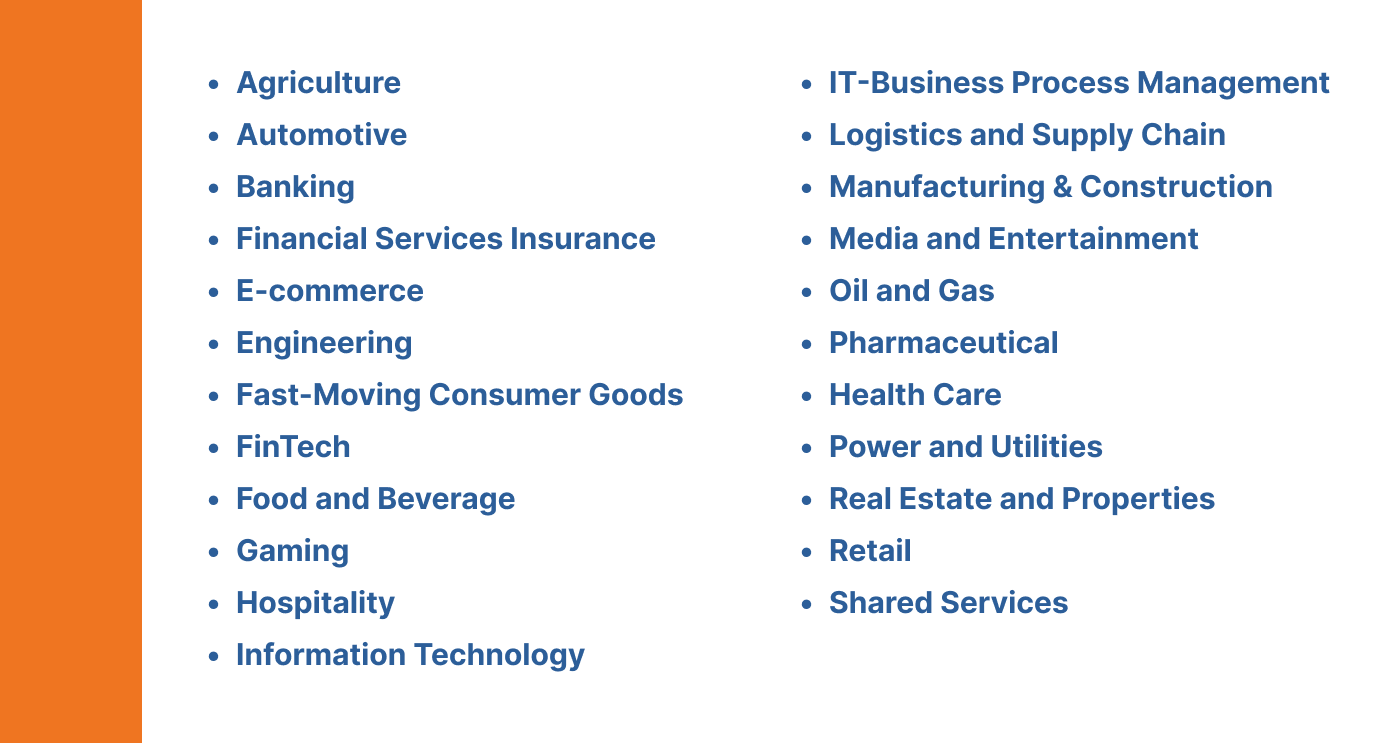Now that companies have traversed through a year of the COVID-19 pandemic and have made process improvements that impacted recruitment — this year shouldn’t be any different. The practice of an-all virtual recruitment process will continue, and we rounded up other recruitment trends that will shape the talent acquisition landscape:
Recruiting Technology & Hybrid Workforce: The hiring process will go through digital transformation and virtual recruiting will continue to stay.
Investments in recruiting technology will remain as the emphasis for efficiency and savings on time and cost with technologies are at an all-time high. Resume parsing, text and email automation, bots, machine learning and AI are technologies that companies have already embraced.
As for the recruitment processes, the new standard would now be a hybrid process that combines virtual and in-person elements. However, you first will have to refine the virtual process, and as you perfect the technology, you should also be able to integrate human touches into the processes. Second, you will have to evaluate between maintaining a virtual or in-person recruitment process, and weigh-in on the optimized candidate experience with the same level of speed and efficiency compared to an all-virtual process.
Whether companies choose to keep recruiting process entirely virtual, adopt a hybrid model, or make investments in recruiting technology– the core will always be to provide a positive candidate experience.
Diversity Hiring: Companies will focus more on diversity, equity, and inclusion in hiring.
Diversity is not a feel-good initiative, but rather a critical approach for greater access to talented candidates from underrepresented groups. Recruiters should restructure recruitment processes to reduce biases, from building diverse interview panels to mandating data-driven reporting against diversity goals.
Internal Hiring: No longer nice-to-have, internal mobility will be a must-have.
Recruiting will hire less, build and borrow more talent. Facing uncertainty and volatility, companies will also refrain from static jobs to project-based cross functional work. This will also change the way recruiters assess and hire talent. Recruiters will prioritize applicants’ potential and transferrable skills, like adaptability and problem-solving, over their pedigree and technical capacity to do specific tasks.
Upskilling Candidates: Upskilling will help companies and staffing firms fill hard-to-fill positions.
The future of recruitment lies in reskilling, rather than finding someone better in the market. If you needed to hire today, you would’ve needed to reskill yesterday.
Employers, including staffing agencies, are increasing their focus on training, upskilling, and reskilling their current employees and candidates to grow their knowledge-based and improve their marketability for current jobs.
Meanwhile, many of the unemployed in challenged industries have skill sets that are transferable to a different industry. This creates a need for recruiters to be more adept at identifying talent with transferable skills and by candidate assessments.
This is where staffing agencies can play a major role in helping job seekers and companies. Staffing agencies can help bridge the gap between existing qualifications and the current needs of employers in today’s market. Lastly, they can also help companies be more open to the potential of filling job vacancies with a larger candidate pool.
Empathy: Empathy and transparency will be the defining features of successful employer branding in the months ahead.
Your employer brand will hinge on empathy and actions, as candidates look at companies with stronger stances on certain issues. Instead of showcasing curated company perks and amenities, candidates nowadays would rather see how a company is doing to support its employees, customers, and communities in times of crisis.
From partnerships with nonprofits to employee assistance programs to small acts of kindness—all the actions companies make will shape its employer brand. A candidate’s impression of a company will also be shaped by every interaction with recruiters on the ground. Consequently, recruiters should be more empathetic in their outreach, accommodating in their approach, and be more understanding of what candidates are going through.
Adaptability: The one constant for recruiters will be the need for adaptability.
One of the fastest-growing in-demand skills is adaptability, and the ability to add new skills. If you want to build a more cost-efficient talent acquisition team, you need to make sure that your team is more adaptable and that they can really change according to the needs of the business.
Recruitment Budget: Budgets will change, but not disappear.
It is essential to keep your financial house in order, monitor your business performance, and stay hyper-focused on recruiting projects as they evolve with demand. With concern on resource allocation, almost half of all talent professionals say their recruiting budgets are decreasing—especially for travel and events. This may shape how interviews and events are conducted in the near future and make budget reallocation available for areas like technology, tools for training, and L&D.
Nevertheless, every company’s set of priorities and circumstances may differ. By taking this opportunity to evaluate where their investments will have the biggest impact, recruiting teams can reduce spend in non-critical areas and re-invest where it matters most.
With the pandemic still expected to rage on, candidates will have higher expectations on how companies hire. While recruitment may look different, its fundamentals will remain the same. The bottom line is that it should address finding and hiring the right talent while ensuring an excellent candidate management experience.
Article by: Marge Casio/Associate Director and Paige Giron/Marketing Lead







